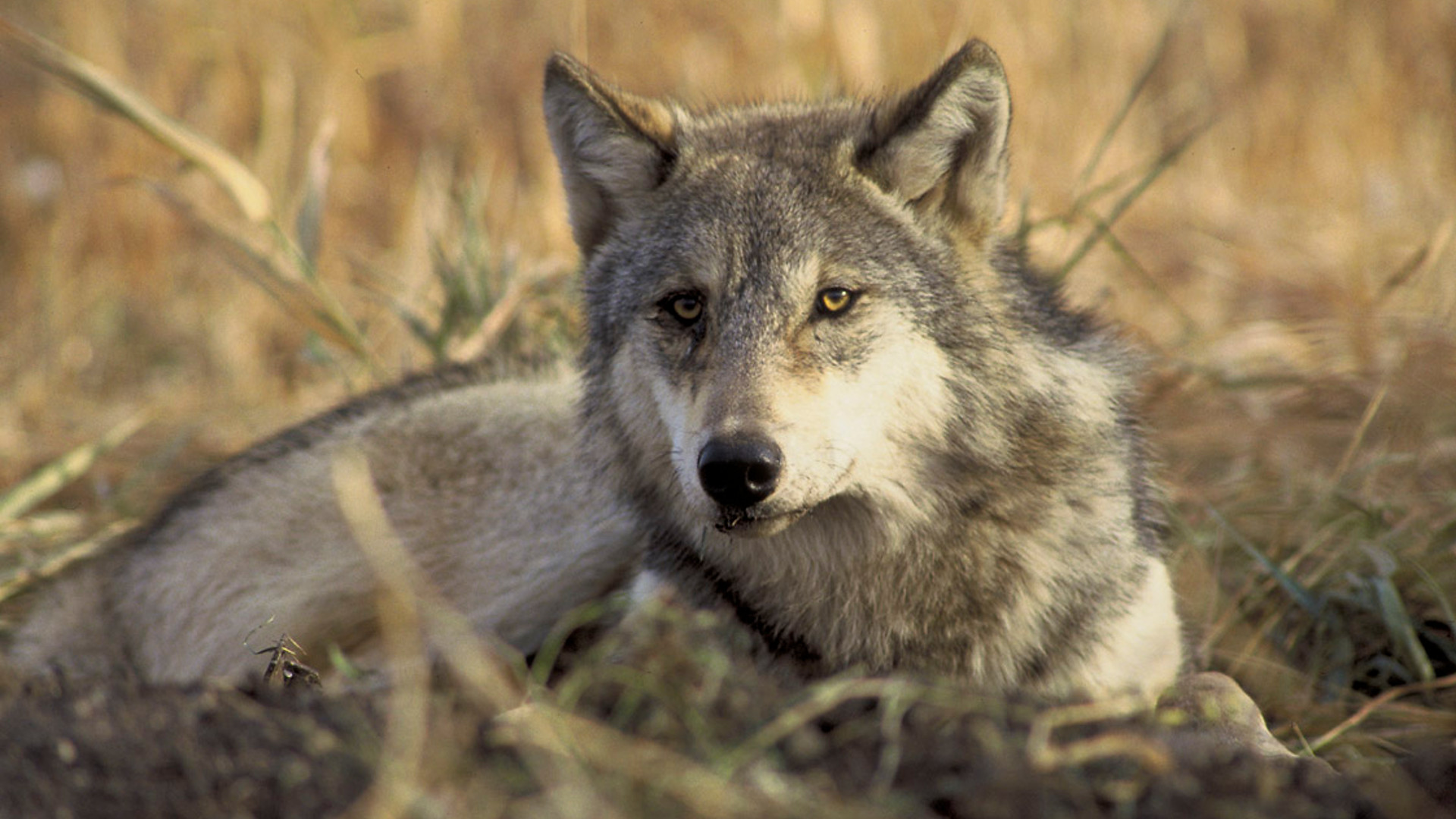
The Ethics of Saving Wolves
The relationship between wolves and people raises deep questions that we still need to answer, says environmental ethicist and philosopher Michael Paul Nelson.
The relationship between wolves and people raises deep questions that we still need to answer, says environmental ethicist and philosopher Michael Paul Nelson.
